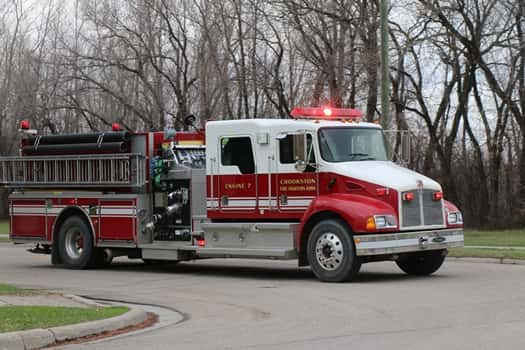The U.S. Department of Agriculture’s Farm Service Agency (FSA) will open signup this summer for CLEAR30, a new pilot program that offers farmers and landowners an opportunity to enroll in a 30-year Conservation Reserve Program (CRP) contract. This pilot is available to farmers and landowners with expiring water-quality practice CRP contracts in the Great Lakes and Chesapeake Bay regions. The program sign-up period is July 6 to Aug. 21, 2020.
“This pilot allows us to work with farmers and landowners to maintain conservation practices for 30 years, underscoring farmers’ commitments to sound long term conservation stewardship on agricultural land,” said Minnesota Executive Director Joe Martin. “Through CLEAR30, we can decrease erosion, improve water quality, and increase wildlife habitat on a much longer-term basis. We want to share this opportunity early, before the sign-up period, so farmers and landowners have more time to consider if CLEAR30 or another program is right for their operation.”
The pilot is available in Delaware, Illinois, Indiana, Maryland, Michigan, Minnesota, New York, Ohio, Pennsylvania, Virginia, West Virginia, and Wisconsin. Eligible producers must have expiring Clean Lakes, Estuaries, and Rivers (CLEAR) initiative contracts, including continuous CRP Cropland contracts with water-quality practices or marginal pasturelands CRP contracts devoted to riparian buffers, wildlife habitat buffers or wetland buffers.
The longer contracts will help ensure that practices remain in place for 30 years, which will help reduce sediment and nutrient runoff and help prevent algal blooms. Traditional CRP contracts run from 10 to 15 years.
Annual rental payment for landowners who enroll in CLEAR30 will be equal to the current Continuous CRP annual payment rate plus an inflationary adjustment of 27.5 percent since CLEAR30 contracts will be for 30 years – much longer than the 10 to 15-year contracts for Continuous CRP offers.
Another unique program feature is that FSA will help producers maintain CLEAR30 contract acreage.
USDA Service Centers are open for business by phone appointment only, and fieldwork will continue with appropriate social distancing. While program delivery staff will continue to come into the office, they will be working with producers by phone and using online tools whenever possible. Anyone wishing to conduct business with the FSA, Natural Resources Conservation Service, or any other Service Center agency is required to call to schedule a phone appointment. More information can be found at farmers.gov/coronavirus.








